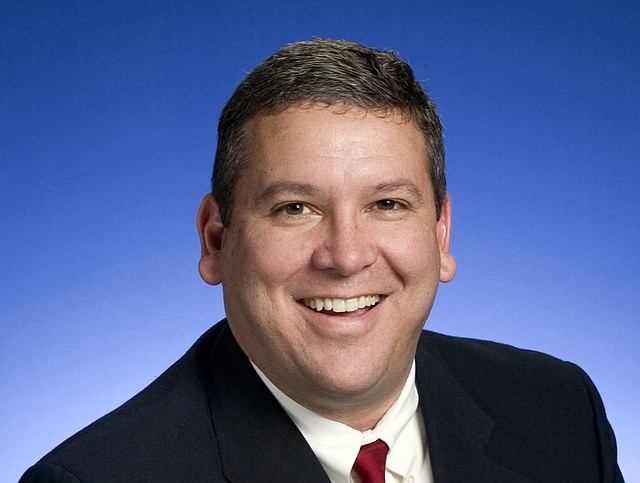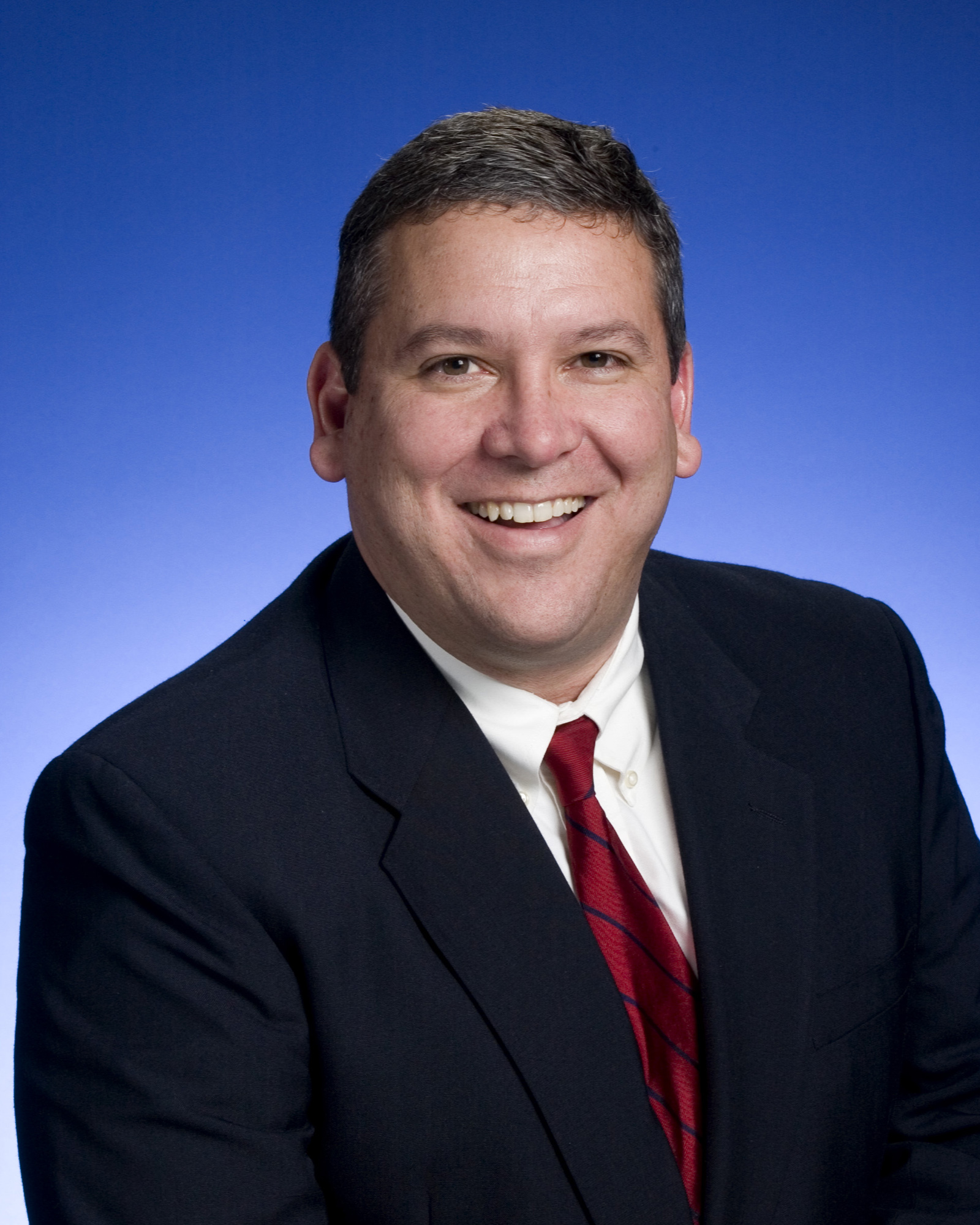McCormick says Haslam will make Tennessee Regulatory Authority 'less political'
Friday, January 1, 1904
NASHVILLE - House Majority Leader Gerald McCormick, R-Chattanooga, said Tuesday that the Haslam administration's proposed changes to the Tennessee Regulatory Authority will make the agency "less political than it's been" in decades.
"This thought that we're from a nonpolitical, some kind of a pure little agency, into something that is political is one of the most ridiculous things that I've heard in my eight years up here," McCormick told Government Operations Committee members.
"Before it was the [Public Service Commission], before it was now the TRA, there are so many political lines going through that organization, it's amazing," he said.
Haslam's bill changes the four full-time directors into five part-time directors with a full-time executive director to run the agency. The committee moved the bill out.
Critics, including TRA Chairman Kenneth Hill, say the move isn't needed and will effectively deliver power over utility regulation to the executive director. Haslam originally sought the authority to name the executive director himself.
But after getting pushback from lawmakers, he compromised and the bill now provides for a joint appointment between the governor and the House and Senate speakers.
The bill now goes to Budget Subcommittee.
In other action:
• Gun bills: The House has rushed four bills out of subcommittee to guarantee workers the right to store firearms in vehicles parked on company lots.
The measures were advanced to the full Consumer and Employee Affairs Committee on Tuesday after a truncated debate.
Republican House Speaker Beth Harwell of Nashville said last week that she expected the gun bills to be vetted through committees despite word from the Senate that the companion bills are not likely to receive full floor votes this year.
The bills are strongly opposed by business, higher education and law enforcement groups on private property and safety grounds.
Gun advocates argue that parked vehicles should count as the employees' private property regardless of whether the parking lots are owned by businesses that seek to prohibit firearms.

